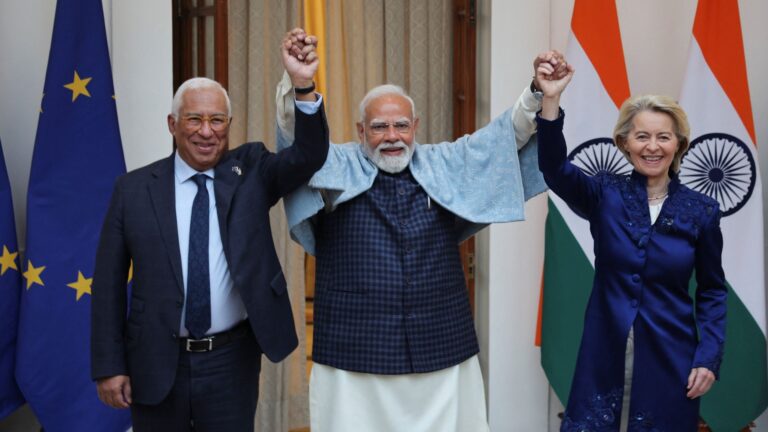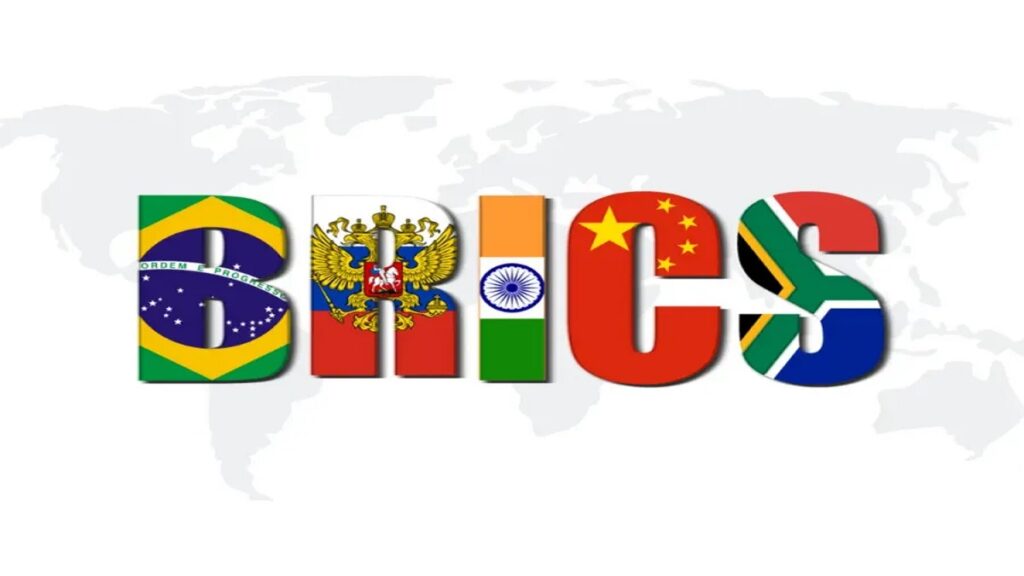
As the tropical air of Rio de Janeiro fills with diplomatic energy, the 17th BRICS Summit marks more than just another meeting of emerging economies. It stands as a symbol of resistance against outdated power structures, and a celebration of collaboration among rising nations. From the iconic Sugarloaf Mountain to the voices of Delhi, Johannesburg, Moscow, and Beijing, BRICS 2025 is a collective call for reshaping the world order to reflect the realities of the Global South.
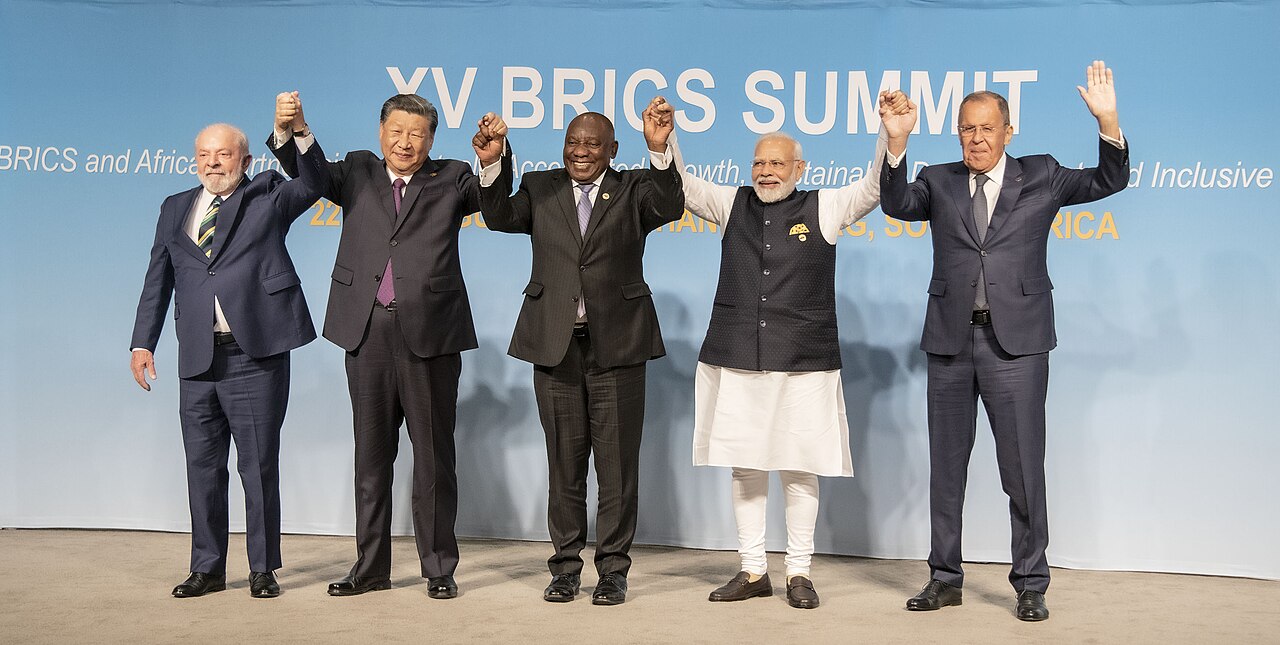
The Rise of the Global South
The idea of the Global South is no longer defined by dependence, or underdevelopment. Countries across Asia, Africa, and Latin America are emerging as engines of growth, innovation, and policy alternatives. BRICS, initially an acronym of five diverse economies, has evolved into a platform for this collective momentum. The summit in Rio is not merely about economic cooperation, but about asserting political dignity, technological progress, and cultural identity on the world stage.
Expansion and Unity in BRICS
The recent expansion of BRICS to include Egypt, Iran, Ethiopia, Indonesia, and the United Arab Emirates shows a clear intent to become a voice for a more inclusive world. This enlarged platform is not based on ideological alignment but on shared aspirations for autonomy, fairness, and mutual benefit. Despite their differences, BRICS nations are discovering the strength of unity without uniformity. It is a rare model in today’s fragmented world.
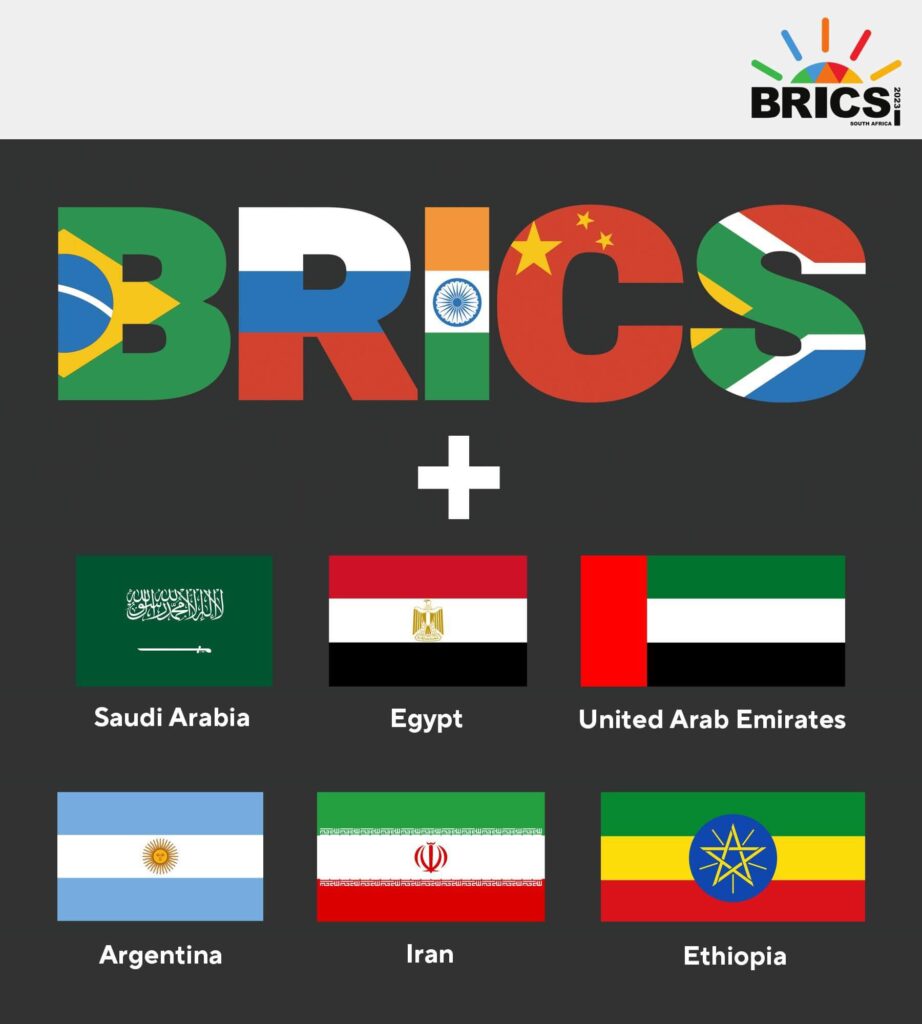
De-DollariZation and Economic Sovereignty
One of the most anticipated discussions in Rio is on de-dollarization, and trade in local currencies. For decades, the dominance of the dollar has dictated global financial flows, and indebted several economies. BRICS now seeks alternatives, not out of confrontation, but from the need for economic security, and self-reliance. The New Development Bank (NDB) headquartered in Shanghai is already providing funding without political strings attached, challenging institutions like the IMF, and World Bank.
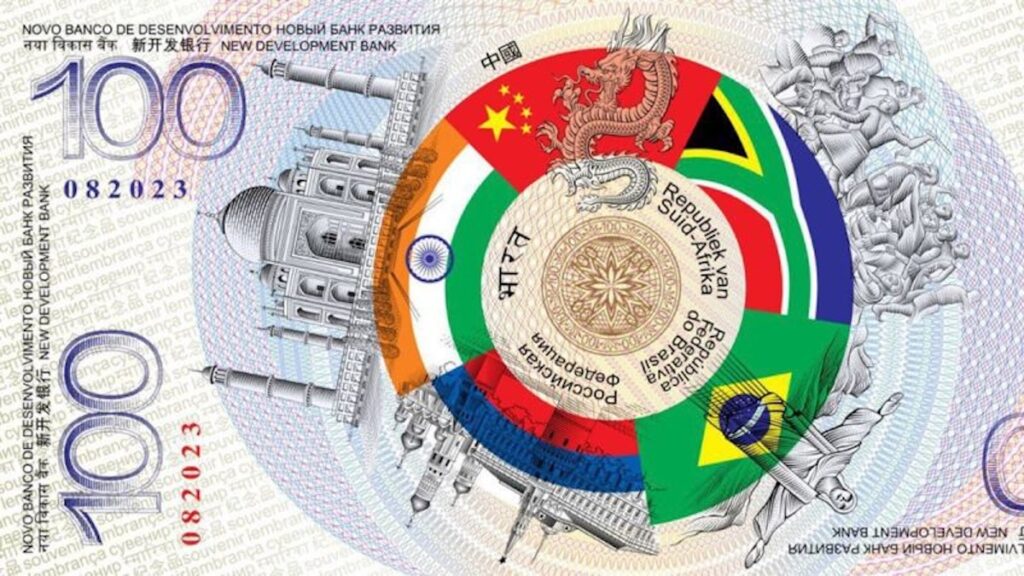
Climate Justice and Development Rights
Holding the summit in Brazil also brings climate justice into sharper focus. The Amazon rainforest, known as the lungs of the planet, is a living reminder of how the Global South often bears the brunt of climate crises without equitable support. BRICS is pushing for climate finance that is just, accessible, and not tied to conditionalities. India’s voice is especially strong here, promoting the idea of LiFE — Lifestyle for Environment, as a sustainable development model.
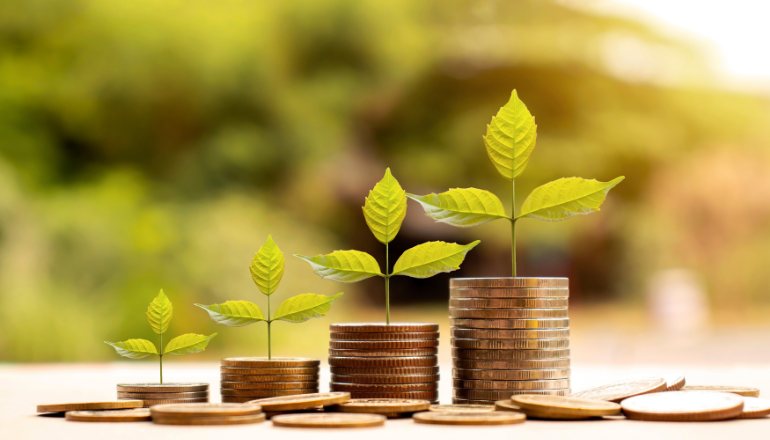
India’s Role as a Bridge in BRICS
India continues to play a unique balancing role. On one hand, it is a member of BRICS advocating for multipolarity, and fairness. On the other, it participates in forums like the QUAD, and G20. This strategic autonomy allows India to bridge divides, and push for consensus on issues like terrorism, maritime security, and health equity. Prime Minister Narendra Modi’s presence in Rio is being seen as a symbol of continuity in India’s civilizational diplomacy, firm yet flexible.
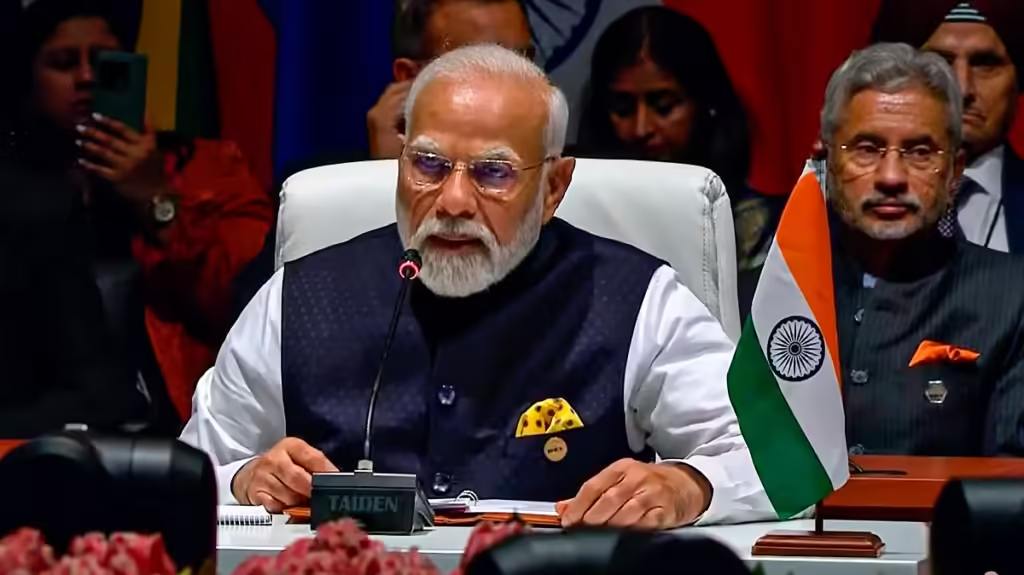
BRICS 2025 is not about replacing the West. It is about making space at the table for those long denied a seat. From Rio de Janeiro, the message is loud, and clear, the future cannot be dictated by the few, it must be co-authored by the many. As the Global South reimagines itself, BRICS offers not just hope, but a working blueprint for a more democratic, and equitable world.
For more such articles, stay tuned at The World Times.


